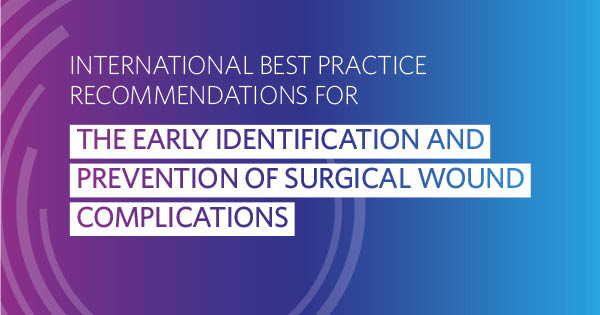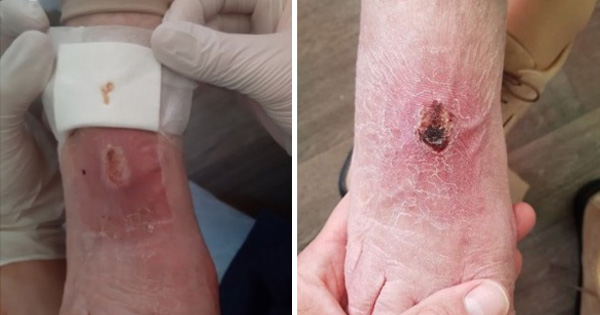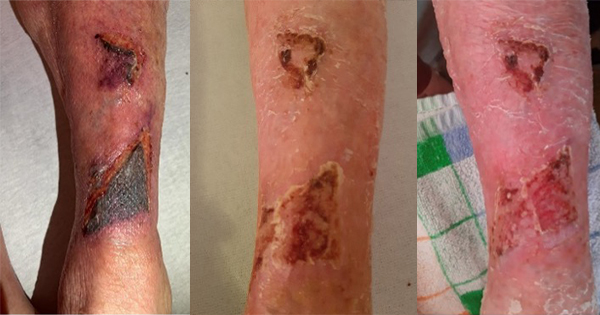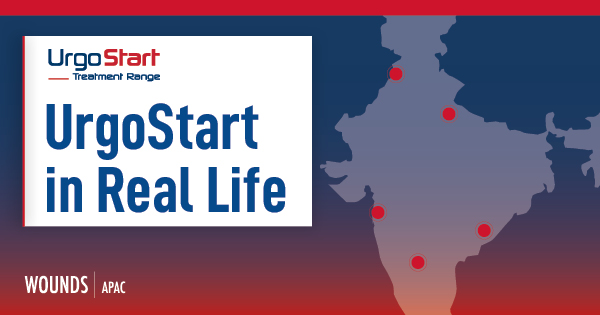It is estimated that surgical wound complications (SWCs) are one of the leading global causes of morbidity following surgery, with mortality affecting 1–4% of patients following gastrointestinal surgery (Pearse et al, 2012; Collaborative GS, 2017). The Lancet Commission on Global Surgery estimates over half of the 4.2 million post-operative deaths each year occur in low- to middle-income countries (LMICs; GBD, 2017). Reducing SWCs requires not only an expansion of services in LMICs but prioritising research aimed at safer surgical procedures with fewer preventable complications (Nepogodiev et al, 2019). Moreover, the impact of SWCs on patients and family members is considerable and not dissimilar to the plight of those suffering with chronic wounds.
Despite considerable advances in surgical techniques, intraoperative practice, a menagerie of wound dressings and an enhanced understanding of wound healing, SWCs continue to be a challenge to clinicians and researchers across the globe. Evidence suggests that SWCs are the most commonly managed wound type in some clinical care settings, more so than pressure injuries and other wound types (McIsaac, 2007; Mulligan et al, 2011; Sandy-Hodgetts et al, 2016; Guest et al, 2018).
While there has been considerable research conducted in the prevention and treatment of surgical site infection (SSI), we need to broaden our view to include all types of SWCs, such as dehiscence, where infection is absent from the complication. The International Surgical Wound Complications Advisory Panel (ISWCAP) has identified key gaps in our understanding of prevention and management of SWCs in order to improve patient outcomes following surgery. Formed in Australia during 2018, the President of ISWCAP convened a group of experts from Europe, North America, Asia, and the United Arab Emirates in October 2019 to develop internationally recognised recommendations for the early identification and prevention of SWCs.
The best practice statement, one of the strategic objectives of ISWCAP, arose from a survey of members in a variety of patient care settings in over 20 countries. The respondents opined on the current state of SWCs and the challenges encountered in their region of the world. In addition, a review of the available literature on SWCs identified gaps in the body of knowledge on the subject. Research has identified the risk factors for SSIs; however, complications can occur without infection.
A new paradigm, challenging the notion that all complications are related to infection, is required. In addition, a patient-centred view will broaden the scope of SWCs’ early identification and prevention. Greater understanding of early identification and prevention will improve patient outcomes. This theme is consistent throughout these best practice recommendations.
Utilising contemporary digital platforms eases the communication burden across multidisciplinary teams (MDT) and engages patients, empowering them to actively participate in their health care decisions. With the use of digital platforms, early identification of an SWC may allow for early intervention and halt the escalation of a wound complication to more serious consequences.
Dr Kylie Sandy-Hodgetts, ISWCAP President





